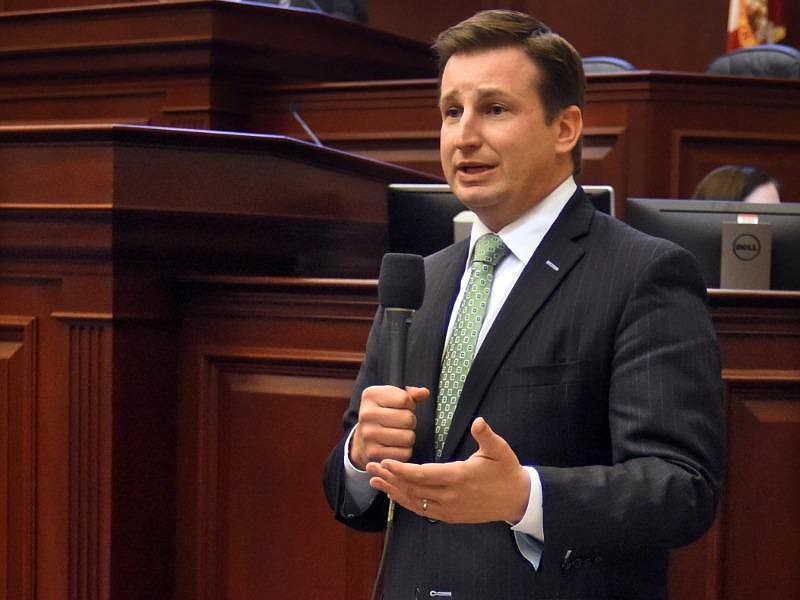- July 26, 2024
-
-
Loading

Loading

Churches and other religious institutions wouldn’t have to turn congregants away because of government orders during future emergencies, under a bill approved Thursday, Jan. 27, by the Florida Senate.
The Senate voted 31-3 to approve the measure (SB 254), which would prohibit emergency orders from “directly or indirectly” preventing religious institutions from conducting services or activities if businesses are allowed to stay open.
"It is born out of the pandemic, but not," sponsor Jason Brodeur, R-Sanford, said when asked if the measure applies only to the COVID-19 pandemic. "It applies to all emergency orders that would come in. It would basically say if Publix is open, so is your place of worship. What it doesn't seek to do is what we've seen in some of the other states, where churches, synagogues and mosques were singled out for congregated activities."
In voting for the measure, Sen. Audrey Gibson, D-Jacksonville, said leaders of religious institutions would not be blocked from holding services online or requiring congregants to wear masks and abide by other safety precautions.
Sen. Bobby Powell, a West Palm Beach Democrat who voted against the bill, argued earlier this month that the state has a responsibility to protect people. Powell was joined in voting against the bill by Sen. Lori Berman, D-Delray Beach, and Sen. Tina Polsky, D-Boca Raton.
“There were a number of times that religious institutions decided to gather, and the result of that caused many people their lives,” Powell said during a Jan. 13 committee meeting. “That being said, we're stewards of the state. We do have a responsibility to always kind of move the state forward. In essence, a religious institution being within the state of Florida, thus authorizing them to buck the system by ignoring emergency orders, is not what I think we're here to do.”
Lawmakers pushed for the measure because of high-profile situations about churches in various parts of the country being forced to close or scale back early in the COVID-19 pandemic.
Gov. Ron DeSantis included a provision within one of the more than 50 supplemental coronavirus-related executive orders he issued after March 9, 2020, that allowed certain essential businesses and establishments to operate at reduced capacities, including churches, synagogues and other houses of worship.
DeSantis’ action followed the arrest of a Tampa megachurch pastor for holding two in-person church services in violation of a Hillsborough County ordinance prohibiting gatherings of more than 10 people. The charges were eventually dropped.
The House version (HB 215) of the bill moved forward Wednesday to the full House.
Senators also voted 35-1 on Thursday to approve a measure (SB 542) intended to keep independent contractors who receive COVID-19 safety items and assistance from being labeled as company employees.
The proposal by Sen. Ana Maria Rodriguez, R-Doral, emerged, at least in part, because California has been fighting ride-hailing companies Uber and Lyft about the status of drivers as independent contractors.
Under Rodriguez’s bill, certain actions by businesses during public health emergencies -- such as providing safety training, personal protective equipment, cleaning supplies, medical testing or financial assistance to people unable to work because of health concerns -- could not be used as evidence to establish employer-employee relationships for such purposes as workers’ compensation insurance and minimum wages.
Sen. Gary Farmer, D-Lighthouse Point, cast the only dissenting vote. The House version (HB 411) of the bill awaits a floor hearing.